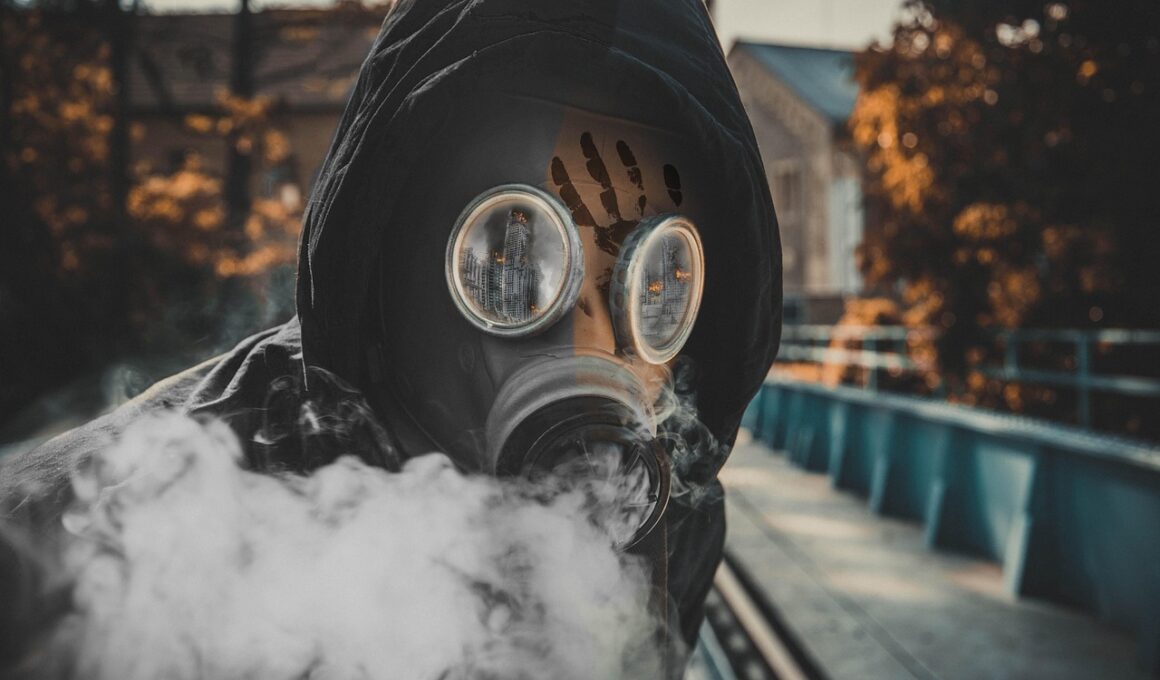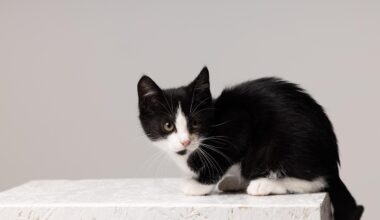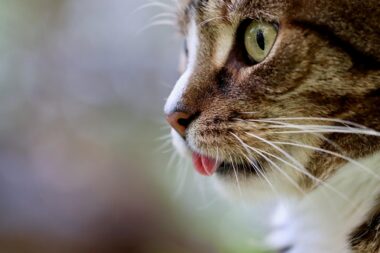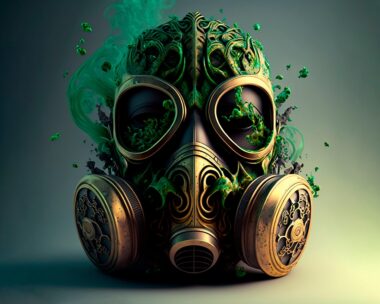Top 10 Human Foods Toxic to Cats and How to Avoid Them
Maintaining the safety of your feline friends requires understanding their dietary restrictions, particularly when it comes to human foods. Certain foods we enjoy can be highly toxic to cats and should always be kept out of their reach. While cats are obligate carnivores, they can still be exposed to various human foods that are harmful to their health. This knowledge will help you avoid accidents in the kitchen or during meal preparation. Awareness is crucial when it comes to keeping cats safe from foods that might cause them distress or illness. Some human foods can lead to severe health complications if ingested by cats. In this article, we will discuss the top ten human foods that are particularly toxic to our whiskered companions. Equipped with this information, you can make more informed decisions about what to feed your cat and what to strictly avoid. Remember that a proper diet for cats consists mainly of protein-rich food and specialized cat products. By understanding and implementing these dietary guidelines, you can help ensure your cat lives a long and healthy life while enjoying their meals safely.
One of the most well-known toxic human foods for cats is chocolate. Chocolate contains theobromine, which can be highly toxic, leading to symptoms like increased heart rate, restlessness, and even seizures. Additionally, the xylitol found in sugar-free products can cause insulin release, potentially leading to hypoglycemia in cats. Other poisonous foods include onions and garlic, both of which can damage red blood cells and lead to anemia. Symptoms of onion or garlic toxicity include lethargy, weakness, and vomiting. Grapes and raisins can also be harmful, leading to kidney failure in some cases, and the mechanisms behind this toxicity remain unknown. It’s essential to recognize the signs and symptoms of poisoning to act timely in case of an emergency. If your cat consumes any of these foods, contact your veterinarian immediately. Keeping food stored securely and being mindful during food preparation is crucial. Always be aware of where your cat is when cooking, as opportunistic eaters may snatch a dropped piece of food!
Common Cat Poisons Found in Many Households
Another food item to keep away from your cat is alcohol. Even small amounts of alcohol can lead to dangerous reactions, including vomiting, disorientation, and even coma. The severity depends on the size of the cat and the amount ingested. Safety is paramount, so ensure that no alcoholic beverages are accessible to your cat. Along the same lines, caffeinated beverages and foods are harmful as well. Foods like coffee beans, tea, and energy drinks can cause increased heart rates and irritability. Avocado and its components can present a risk too; while the flesh is okay for some animals, cats can be more sensitive. Certain breeds of cats may experience breathing difficulties due to persin, a toxin present in avocados. Moldy or spoiled foods also pose a severe risk, as they can contain mycotoxins, which may lead to neurological dysfunction. Ensure that food is fresh and that leftovers aren’t available for your cat to forage. Always dispose of moldy food safely.
Other human foods that are notably dangerous for cats include nuts, especially macadamia nuts. These can cause weakness, depression, vomiting, and tremors in felines. Additionally, raw dough can expand in your cat’s stomach, leading to bloating and potential rupture. Eating raw or undercooked meat can introduce harmful bacteria, resulting in gastrointestinal problems, affecting a cat’s health significantly. If you want to treat your cat, consider safe alternatives like specifically formulated cat treats. Many cat treat options provide proper nutrients and flavor without any toxic ingredients. Some commercially available cat foods incorporate flavors that cats love without the risk. Likewise, feeding your cat fish or meat should be done cautiously, as they should be cooked thoroughly to eliminate harmful pathogens. Another common ingredient to avoid is high-fat foods, like fried items, which can cause digestive upset and pancreatitis in cats. Always prioritize your cat’s health by opting for safe and nutritious alternatives rather than risking food poisoning or serious health complications.
Conclusion and Safe Feeding Practices
Lastly, when it comes to feeding your cat, always ensure that portions are controlled and appropriate for their weight and activity level. Cats may beg for human food out of instinct, but it is essential to resist the urge to share. Educate family members and friends about what is safe and what isn’t, ensuring a united front when it comes to your cat’s diet. Use this guide as a resource in your home and be vigilant about what foods are accessible. Often, the most toxic foods are those that are most common in many kitchen pantries. By storing human food safely and securely, you can reduce the risk of accidental poisoning. Keeping hazardous items away from your cat can profoundly impact their well-being. If you’re ever in doubt regarding any food item, consult your veterinarian for advice. Understanding what is safe for your cat’s diet can lead to a longer, healthier life and peace of mind. Ultimately, being proactive in avoiding toxic foods is the key to ensuring the safety and health of your beloved feline.
By learning about the common human foods that are toxic to cats, you’ll be well-equipped to protect them from accidental poisoning. Knowledge is a powerful tool when ensuring your cat’s well-being and safety. Always research new foods before offering them to your pet, and remember that cats rely on their owners to provide proper and safe nutrition. Cats are curious by nature, so it’s essential to maintain a watchful eye and practice secure storage habits. Knowing what human foods could harm your cat is critical in creating a safe and loving environment. Inform any caretakers of your cat about the guidelines you’ve established for their diet. Additionally, engage a vet for dietary advice tailored specifically for your cat. This is especially important for cats with pre-existing health issues or dietary sensitivities; a veterinarian can help customize a diet that keeps them safe. Ultimately, our furry companions depend on us for their health and safety. By being proactive and educated, you’re not only avoiding potential hazards but also ensuring your cat enjoys a vibrant and happy life.
To summarize, protecting our beloved cats from toxic human foods should be a priority for all pet owners. With proper awareness and knowledge about foods that can be harmful, you can avoid unfortunate incidents that might compromise your cat’s health. Implementing safe feeding practices and educating everyone in the household goes a long way toward ensuring the safety of your feline friend. Emergency veterinary care should always be sought whenever there is suspicion of food poisoning or ingestion of toxic substances. Remember that immediate response can be crucial in these situations. Explore alternatives that are safe and nutritionally beneficial for your cat; often, these options can be just as enjoyable. Create positive feeding experiences by rewarding them with safe treats instead of human food. Furthermore, familiarize yourself with the closest veterinary clinic that can provide assistance in emergencies involving toxic food ingestion or poisoning. Emphasizing safety and nutrition will contribute to a longer, healthier life for your beloved cat. In the end, an attentive and informed approach will create a nourishing environment that promotes your pet’s well-being.
Understanding the dangers of certain human foods is paramount in ensuring the safety of our cats. From chocolate to onion, toxins can lead to serious health issues swiftly. By staying aware and vigilant, we contribute significantly to their overall health. Furthermore, following guidelines and expert advice on proper feline nutrition and prohibiting human food sharing can prevent tragic situations. Prevention is better than cure, and being proactive minimizes risks. The capabilities of our cats to explore their environment necessitate supervision and regulation of their diet. Cultivating an awareness of what we can and cannot feed our cats affords peace of mind. With proper pet ownership practices, you can ensure a long and healthy life for your furry companions. Your cat’s happiness and well-being will be reflected in their behavior and health, such as energy levels, coat quality, and overall happiness. Making the right food choices, consistent routines, and regular veterinary care will all contribute to sustaining your pet’s health. Ultimately, lead by example, prioritizing your cat’s safety, and continually learning to be the best pet owner you can be.





